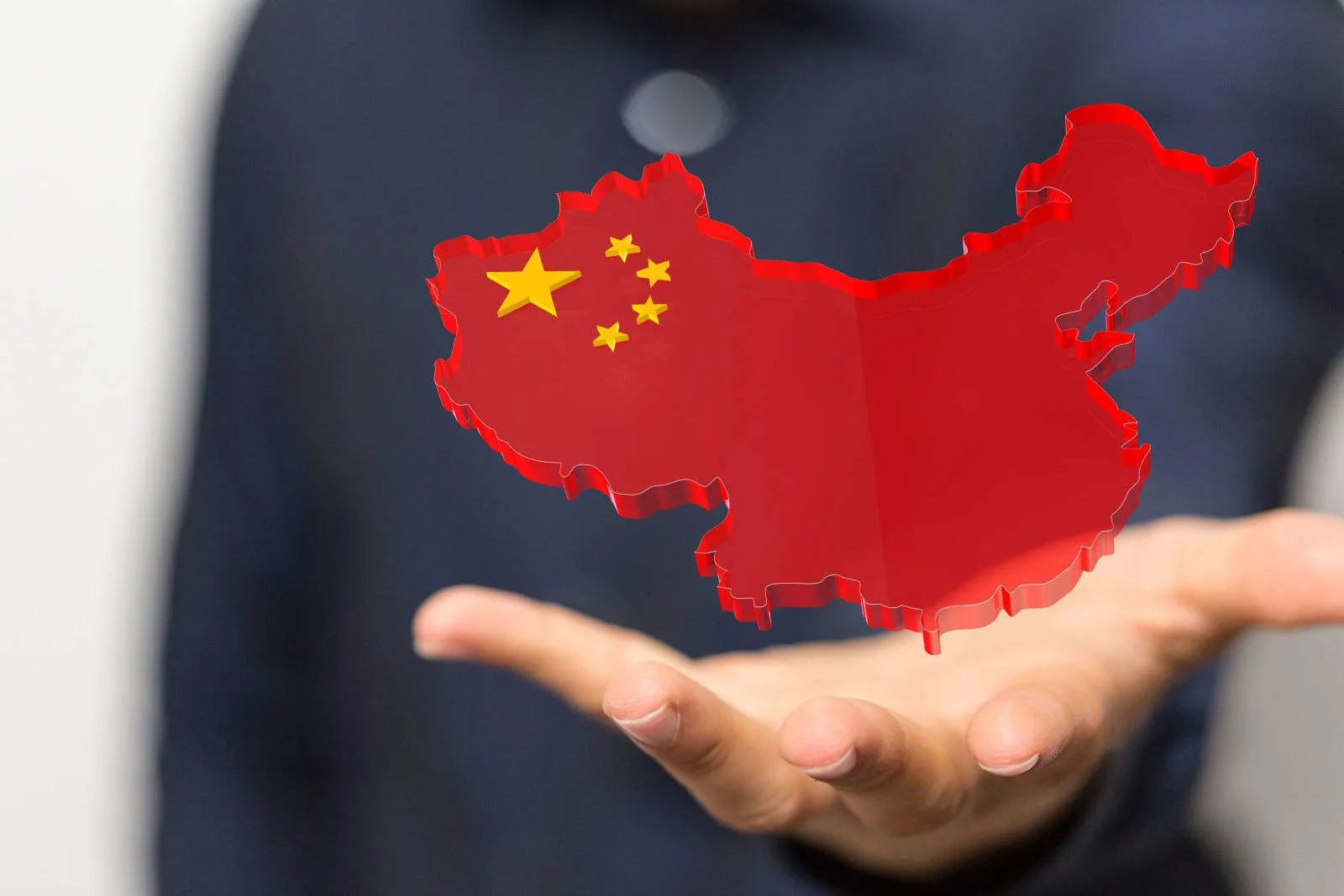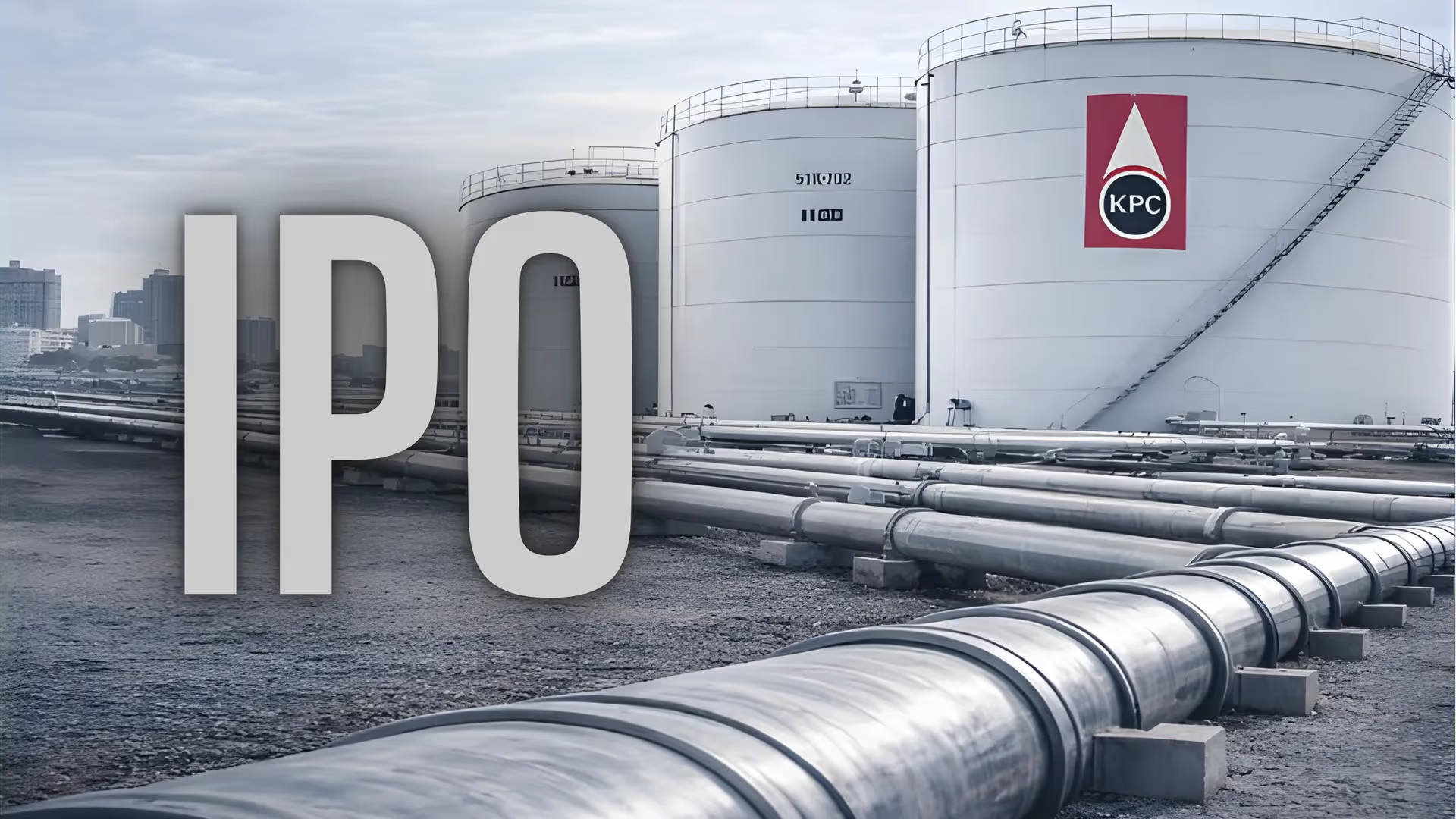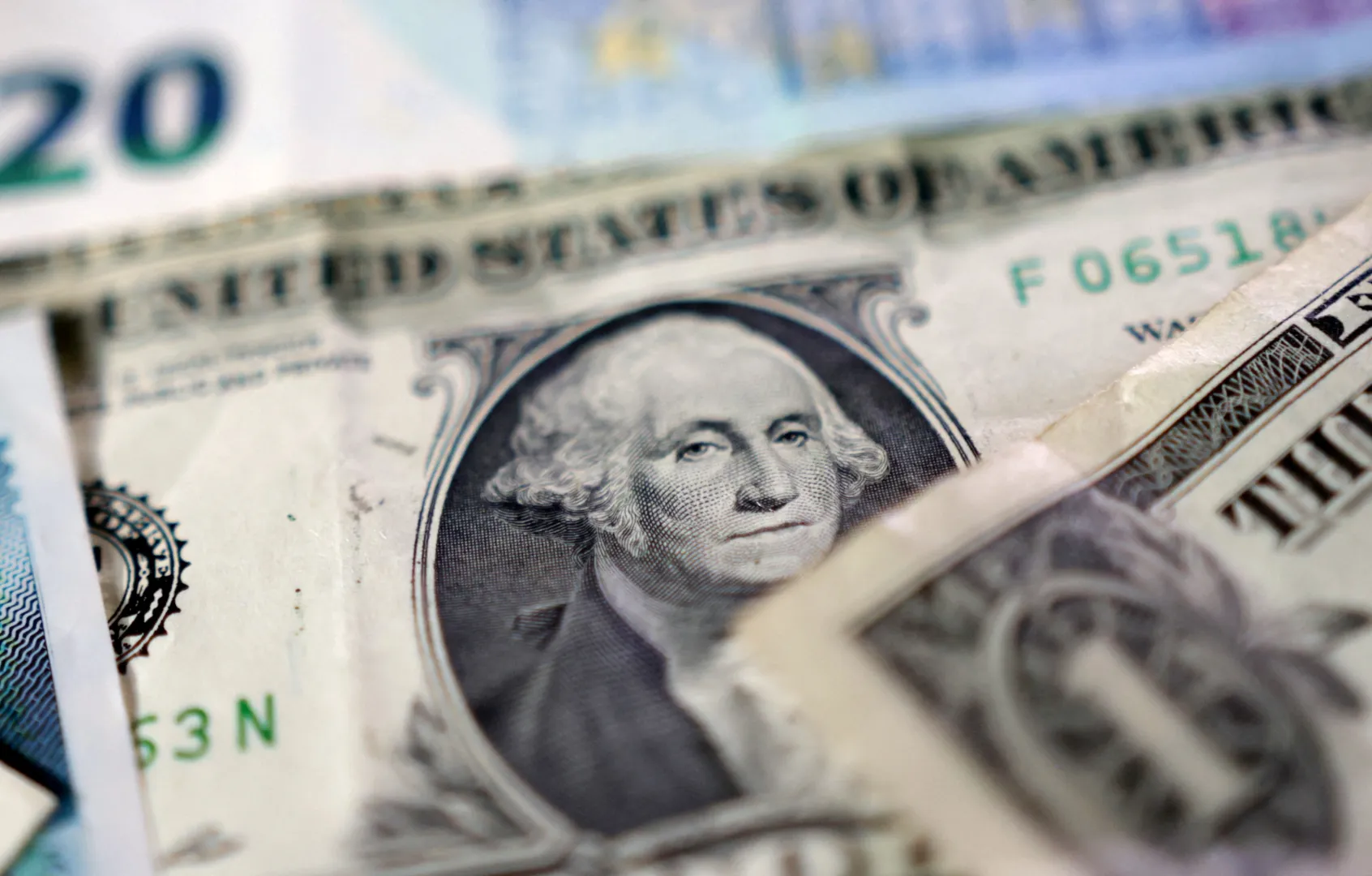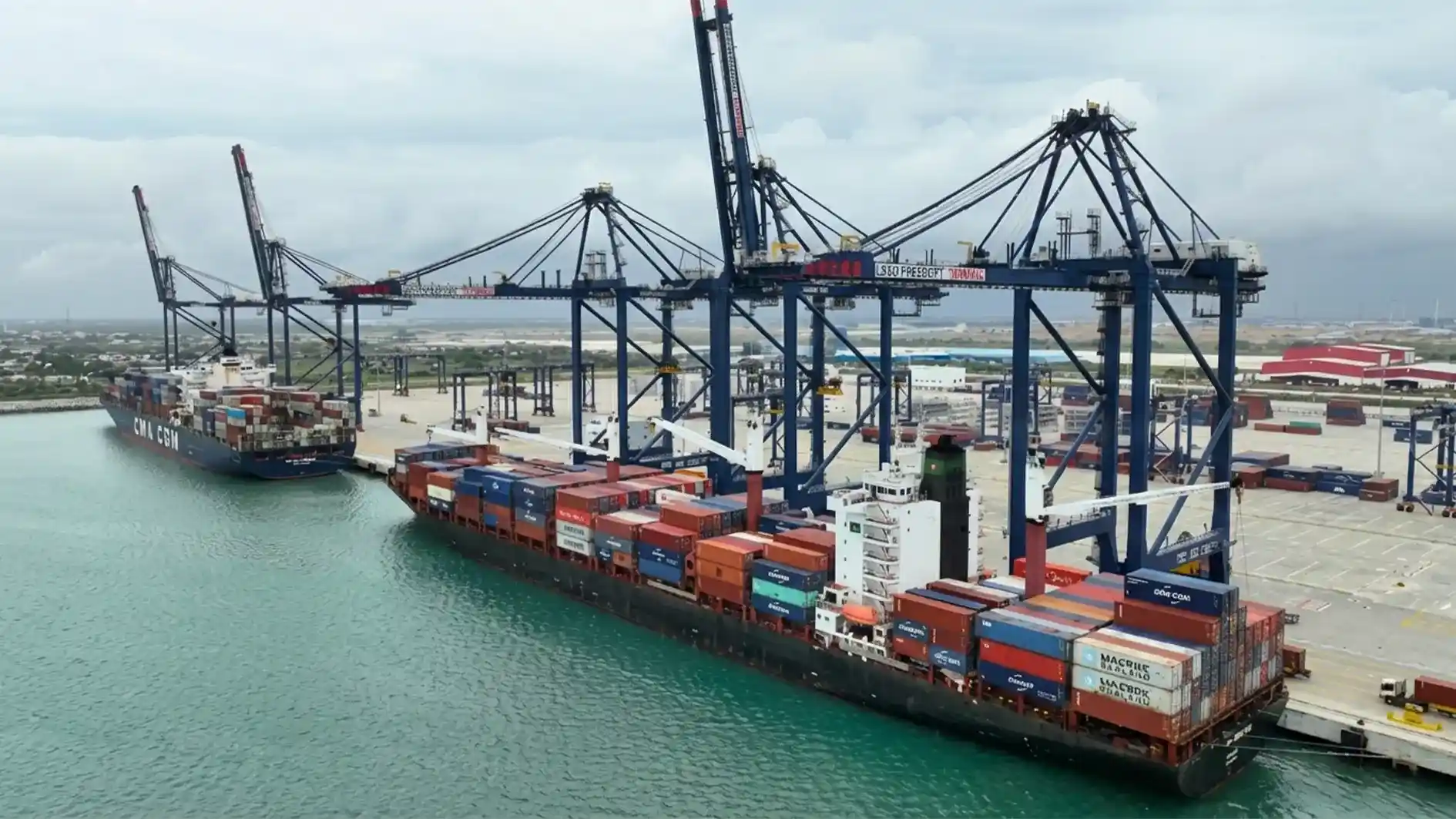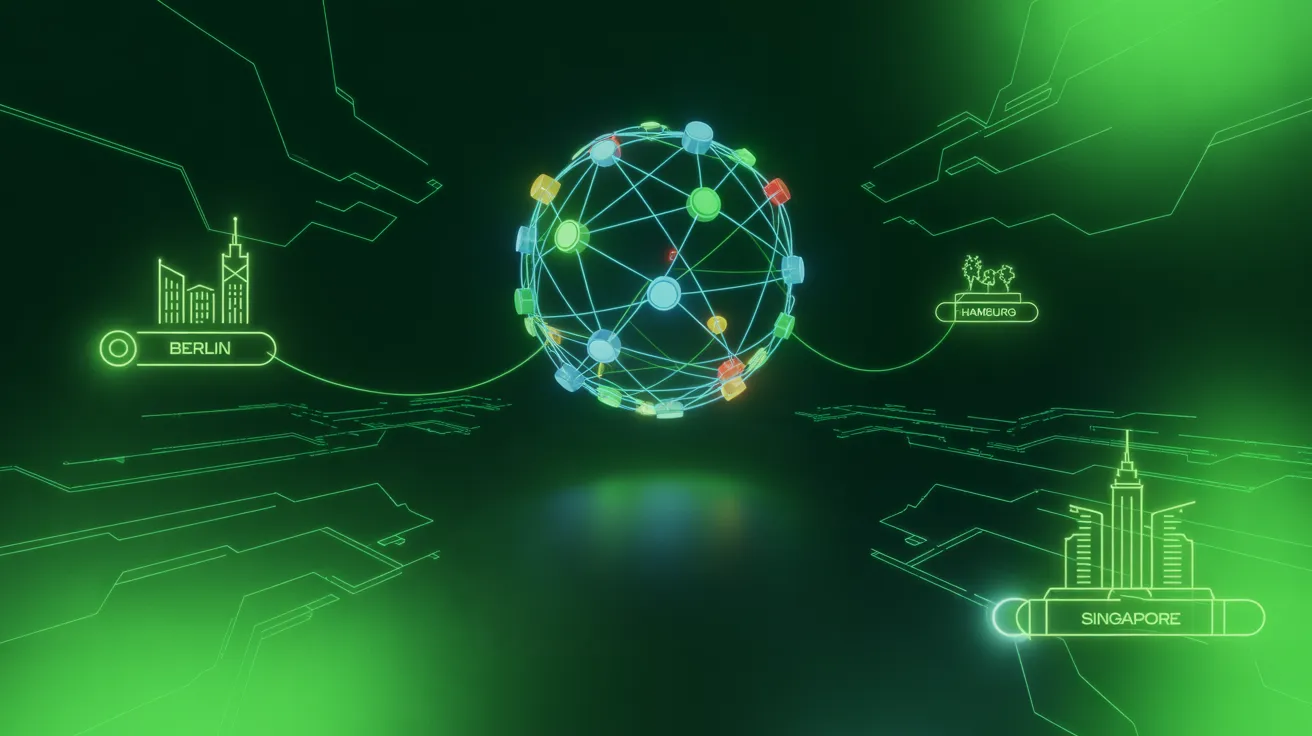In a striking move that underscores the rapidly evolving dynamics of global critical mineral markets, Chinese firm Jiangsu Jiuwu Hi-Tech (SZSE:300631) announced last month that it would cease exporting a key lithium-processing component—sorbents—effective February 1, 2025. This decision comes amid growing expectations that Beijing’s proposed export controls on battery and lithium technologies will soon reshape not only China’s own industrial practices but also the global supply chain for one of the world’s most essential raw materials.
A Strategic Realignment in Lithium Technology Exports
The decision by Jiangsu Jiuwu Hi-Tech marks a significant pivot in China’s approach to managing its high-tech exports. Sorbents, which are crucial for the extraction of lithium from brine and other solutions, have long been a linchpin in the lithium production process. As China remains the largest producer of these materials, the halt in their export is sending shockwaves through industries worldwide that depend on them for manufacturing electric vehicle batteries, renewable energy storage systems, and other critical applications.
In January 2025, Chinese authorities unveiled a proposal that would require companies to obtain government licenses for overseas sales of certain battery and lithium-related technologies—including sorbents. Although these measures have not yet been formally implemented, the early actions taken by companies like Jiangsu Jiuwu Hi-Tech and Sunresin New Materials (SZSE:300487) signal a preemptive alignment with anticipated regulatory changes. Industry insiders suggest that this shift reflects not only a strategic recalibration on the part of Chinese manufacturers but also an acknowledgment of the increasingly volatile global trade environment.
The Global Context: Rising Demand and Geopolitical Tensions
Lithium’s Meteoric Rise in Importance
Lithium’s critical role in modern technology cannot be overstated. As the world accelerates its transition to renewable energy and electric vehicles, lithium has become indispensable. Global demand for lithium has soared over the past decade, driven by a surge in electric vehicle production and the expansion of energy storage systems. The efficient extraction and processing of lithium, therefore, lie at the heart of the global green energy revolution.
Sorbents are one of the key components in this intricate process. They facilitate the filtration and concentration of lithium ions from complex solutions, making the extraction process both economically viable and efficient. With China dominating the production of these sorbents, any disruption in their supply chain has immediate and far-reaching implications—not only for Chinese manufacturers but also for international companies that rely on these materials for their battery production lines.
Geopolitical and Economic Implications
This recent export halt must be viewed in the broader context of mounting geopolitical tensions and the strategic contest for technological supremacy. Over the past few years, Western nations have increasingly expressed concern over their dependency on Chinese technology and critical raw materials. This concern has fueled policy measures aimed at reducing reliance on China, such as the US CHIPS and Science Act—which allocated nearly US$53 billion to boost domestic semiconductor production—and the EU’s Critical Raw Materials Act, introduced in 2023, which aims to secure alternative sources of strategic minerals.
Furthermore, initiatives like the Minerals Security Partnership—launched in June 2022 by 14 countries in conjunction with the EU—highlight a multinational effort to safeguard supply chains by diversifying sources of critical minerals. In this volatile environment, China’s decision to preemptively restrict the export of lithium-processing sorbents is seen by many analysts as both a defensive maneuver and a strategic tool to reinforce Beijing’s leverage in global markets.
Impact on the Global Lithium Supply Chain
Disruption in the Lithium Extraction Process
The cessation of sorbent exports by Jiangsu Jiuwu Hi-Tech is expected to reverberate across the lithium extraction and battery manufacturing industries. As sorbents are pivotal in separating lithium ions during extraction, a shortage or disruption in their supply could lead to operational delays and increased costs for companies worldwide. Early indications suggest that some international buyers are already exploring alternative sources or accelerating their plans to diversify their supplier base.
An anonymous executive from a lithium extraction technology firm remarked, “Both Jiangsu and other major players are now in close dialogue with Chinese authorities, trying to understand the full scope of these new export restrictions. The implications are vast, affecting everything from cost structures to long-term strategic planning.” Such statements underscore the uncertainty that currently pervades the sector and hint at the possibility of a broader realignment in the global supply chain for battery technologies.
Ripple Effects Across Related Sectors
China’s export control measures are not an isolated development. In December 2024, Beijing implemented an export ban on antimony—a critical mineral used in batteries and flame retardants—further disrupting global supply chains. The antimony ban forced industries reliant on this mineral to scramble for alternatives, mirroring the challenges now faced by the lithium sector. With multiple key materials subject to export restrictions, companies across the spectrum are being compelled to rethink their supply chain strategies.
The current scenario presents a dual challenge: on one hand, there is the immediate issue of sourcing alternative suppliers for vital components; on the other, there is the long-term need to develop domestic capabilities in regions outside China. Western nations, particularly those with burgeoning electric vehicle and renewable energy sectors, are now accelerating efforts to establish alternative supply routes and foster domestic production capacities.
Western Strategies to Secure Critical Mineral Supply Chains
Policy Initiatives and Economic Measures
In response to the looming threat of supply chain disruptions, several Western countries have ramped up policy initiatives aimed at reducing their dependency on Chinese exports. In the United States, the CHIPS and Science Act represents a major governmental push to bolster domestic production not only in semiconductors but also in strategic materials required for battery manufacturing. This policy has already spurred significant investments in domestic research, development, and production capabilities.
Similarly, the European Union’s Critical Raw Materials Act, introduced in 2023, seeks to increase domestic production of strategic minerals and forge partnerships with resource-rich countries like Chile and Argentina. These nations are among the world’s leading lithium producers, and their cooperation is seen as a vital component in ensuring a steady, reliable supply of critical materials.
The Minerals Security Partnership
Launched in June 2022, the Minerals Security Partnership is a landmark initiative that brings together 14 countries and the EU in a collaborative effort to secure supply chains for critical minerals. This partnership is designed to reduce reliance on any single source, a strategy that has become increasingly urgent in light of recent Chinese export policies. By pooling resources and expertise, the member countries aim to establish diversified supply chains that can withstand geopolitical shocks and market volatility.
The strategic intent behind these measures is clear: in a world where technological supremacy is closely tied to the availability of critical raw materials, ensuring supply chain resilience has become a national security imperative. The halt in the export of lithium-processing sorbents by Jiangsu Jiuwu Hi-Tech only reinforces the urgency of these efforts.
Industry Consolidation and Technological Innovation
Consolidation Trends in the Lithium and Battery Sectors
The current market turbulence has accelerated consolidation within the lithium extraction and battery manufacturing industries. As companies confront the dual pressures of regulatory uncertainty and volatile supply chains, mergers and acquisitions are becoming an increasingly common strategy. Larger firms are seeking to acquire smaller companies that possess unique technological capabilities or control critical segments of the supply chain. This consolidation is expected to enhance market resilience and enable more coordinated responses to global supply disruptions.
Industry analysts believe that, in the long term, such consolidation could lead to a more stable and efficient global supply chain for lithium and related technologies. However, in the short term, the realignment is likely to contribute to heightened market volatility as companies adjust to new regulatory landscapes and competitive dynamics.
Innovation Under Pressure
While the immediate impact of China’s export controls has generated significant challenges, it may also serve as a catalyst for innovation. With traditional supply chains under strain, both private companies and research institutions are increasingly exploring alternative technologies for lithium extraction and processing. One promising area of research is direct lithium extraction (DLE), a method that promises higher efficiency and a reduced environmental footprint compared to conventional techniques.
The impetus for such innovations is not solely economic. Environmental concerns have long been associated with lithium extraction, particularly in regions where water scarcity and ecological disruption are pressing issues. The drive to develop more sustainable extraction methods has gained additional momentum amid the current regulatory uncertainty, potentially leading to breakthroughs that could transform the industry in the years ahead.
An industry expert noted, “Pressure often drives creativity. The current challenges may well spur the development of next-generation lithium extraction technologies that not only overcome supply chain bottlenecks but also address long-standing environmental issues.”
Environmental and Social Considerations
Sustainability Challenges in Lithium Extraction
Lithium extraction has historically been associated with significant environmental challenges, including excessive water usage, habitat disruption, and the generation of large volumes of waste. As global demand for lithium continues to rise, the environmental footprint of extraction processes has come under increasing scrutiny. The pressure to adopt more sustainable practices is now higher than ever.
The current supply chain disruptions may inadvertently accelerate investments in greener technologies. Companies facing uncertainty over their supply of traditional sorbents might channel resources into developing more environmentally friendly extraction methods. These innovations could help mitigate some of the negative impacts associated with lithium mining, thereby aligning economic objectives with environmental stewardship.
Social Impact and Community Engagement
Beyond environmental concerns, the evolving dynamics in the lithium market also have significant social implications. Regions that depend heavily on mining and processing activities for local employment and economic stability may experience disruptions as supply chains shift. Policymakers and industry leaders are increasingly aware of the need to balance economic imperatives with social responsibilities.
Efforts are underway in several countries to ensure that communities affected by rapid industrial shifts receive adequate support. Initiatives include job retraining programs, investments in local infrastructure, and community engagement efforts designed to foster sustainable economic development. As Western nations seek to build more resilient supply chains, these social considerations will be critical in ensuring that the benefits of a more diversified and sustainable lithium market are broadly shared.
The Future of Global Lithium Supply Chains
Realigning Trade and Economic Alliances
The halt in exports of lithium-processing sorbents is likely to have lasting effects on global trade patterns. As countries scramble to secure alternative sources of critical materials, new economic alliances are emerging. Nations that were once on the periphery of the global battery market are now finding themselves in strategic partnerships with major economies seeking to reduce their reliance on Chinese exports.
This realignment is not limited to bilateral trade relationships; it has broader implications for international economic policy. Discussions about fair trade practices, technology transfers, and intellectual property rights have gained renewed urgency in light of these developments. The unfolding situation is expected to reshape not only the lithium industry but also the broader landscape of international trade and investment.
Long-Term Market Resilience
Despite the current challenges, experts remain optimistic about the long-term resilience of the global lithium market. Structural changes—such as increased investments in domestic production, advances in extraction technologies, and the forging of international partnerships—are likely to mitigate the immediate supply chain shocks. Over time, the market is expected to adapt to the new regulatory environment, leading to a more diversified and robust supply chain.
Analysts project that global lithium demand will continue its upward trajectory as the electric vehicle and renewable energy sectors expand. In response, companies that can navigate the evolving regulatory landscape and invest in technological innovation will be best positioned to capitalize on the growth opportunities that lie ahead.
Navigating Uncertainty in a Changing World
The export halt by Jiangsu Jiuwu Hi-Tech serves as a stark reminder of the complexities inherent in today’s global supply chains. With regulatory measures still in flux and geopolitical tensions high, uncertainty remains the only constant in the critical minerals market. For companies operating in this space, the challenge will be to remain agile, continuously assess risk, and invest in long-term strategies that build supply chain resilience.
Government policies, market forces, and technological innovations will all play crucial roles in shaping the future of the lithium industry. As the world grapples with these challenges, industry participants, investors, and policymakers alike must work together to ensure that the transition to renewable energy and advanced technologies is not derailed by short-term disruptions.
Concluding Thoughts
The decision by Jiangsu Jiuwu Hi-Tech to halt exports of a key lithium-processing component is more than just a corporate maneuver—it is emblematic of a broader strategic shift in the global high-tech supply chain. As China moves to tighten its control over critical technologies amid escalating geopolitical tensions, the repercussions are being felt across the lithium and battery sectors, with far-reaching economic, environmental, and social implications.
In the short term, companies and investors are facing increased uncertainty and potential cost pressures as they scramble to adapt to new regulatory realities. However, the challenges presented by these export restrictions may also drive much-needed innovation and catalyze efforts to build more resilient, diversified supply chains. Over the coming years, as Western nations intensify their investments in domestic production and forge new international partnerships, the lithium market is expected to undergo a significant transformation—one that could ultimately strengthen global supply chain security and support the ongoing transition to a sustainable energy future.
For industry stakeholders, the key will be to navigate this period of volatility with strategic foresight. By diversifying sources, investing in research and development, and fostering collaboration across borders, companies can mitigate the risks associated with regulatory uncertainty and supply chain disruptions. At the same time, policymakers must balance national security and economic growth imperatives with the need for global cooperation in addressing the challenges of a rapidly changing technological landscape.
As the lithium market continues to evolve, one thing is clear: the decisions made by leading companies today will have a lasting impact on the global energy and technology sectors. Whether through the accelerated development of alternative extraction methods, the formation of new economic alliances, or the implementation of forward-looking government policies, the world is poised to witness a fundamental realignment of the critical minerals supply chain—a realignment that will shape the future of renewable energy, electric mobility, and high-tech innovation.
Ready to take your career to the next level? Join our dynamic courses: ACCA, HESI A2, ATI TEAS 7 , HESI EXIT , NCLEX – RN and NCLEX – PN, Financial Literacy!🌟 Dive into a world of opportunities and empower yourself for success. Explore more at Serrari Ed and start your exciting journey today! ✨
photo source: Google
By: Montel Kamau
Serrari Financial Analyst
21st February, 2025
Article, Financial and News Disclaimer
The Value of a Financial Advisor
While this article offers valuable insights, it is essential to recognize that personal finance can be highly complex and unique to each individual. A financial advisor provides professional expertise and personalized guidance to help you make well-informed decisions tailored to your specific circumstances and goals.
Beyond offering knowledge, a financial advisor serves as a trusted partner to help you stay disciplined, avoid common pitfalls, and remain focused on your long-term objectives. Their perspective and experience can complement your own efforts, enhancing your financial well-being and ensuring a more confident approach to managing your finances.
Disclaimer: This article is for informational purposes only and does not constitute financial advice. Readers are encouraged to consult a licensed financial advisor to obtain guidance specific to their financial situation.
Article and News Disclaimer
The information provided on www.serrarigroup.com is for general informational purposes only. While we strive to keep the information up to date and accurate, we make no representations or warranties of any kind, express or implied, about the completeness, accuracy, reliability, suitability, or availability with respect to the website or the information, products, services, or related graphics contained on the website for any purpose. Any reliance you place on such information is therefore strictly at your own risk.
www.serrarigroup.com is not responsible for any errors or omissions, or for the results obtained from the use of this information. All information on the website is provided on an as-is basis, with no guarantee of completeness, accuracy, timeliness, or of the results obtained from the use of this information, and without warranty of any kind, express or implied, including but not limited to warranties of performance, merchantability, and fitness for a particular purpose.
In no event will www.serrarigroup.com be liable to you or anyone else for any decision made or action taken in reliance on the information provided on the website or for any consequential, special, or similar damages, even if advised of the possibility of such damages.
The articles, news, and information presented on www.serrarigroup.com reflect the opinions of the respective authors and contributors and do not necessarily represent the views of the website or its management. Any views or opinions expressed are solely those of the individual authors and do not represent the website's views or opinions as a whole.
The content on www.serrarigroup.com may include links to external websites, which are provided for convenience and informational purposes only. We have no control over the nature, content, and availability of those sites. The inclusion of any links does not necessarily imply a recommendation or endorsement of the views expressed within them.
Every effort is made to keep the website up and running smoothly. However, www.serrarigroup.com takes no responsibility for, and will not be liable for, the website being temporarily unavailable due to technical issues beyond our control.
Please note that laws, regulations, and information can change rapidly, and we advise you to conduct further research and seek professional advice when necessary.
By using www.serrarigroup.com, you agree to this disclaimer and its terms. If you do not agree with this disclaimer, please do not use the website.
www.serrarigroup.com, reserves the right to update, modify, or remove any part of this disclaimer without prior notice. It is your responsibility to review this disclaimer periodically for changes.
Serrari Group 2025












